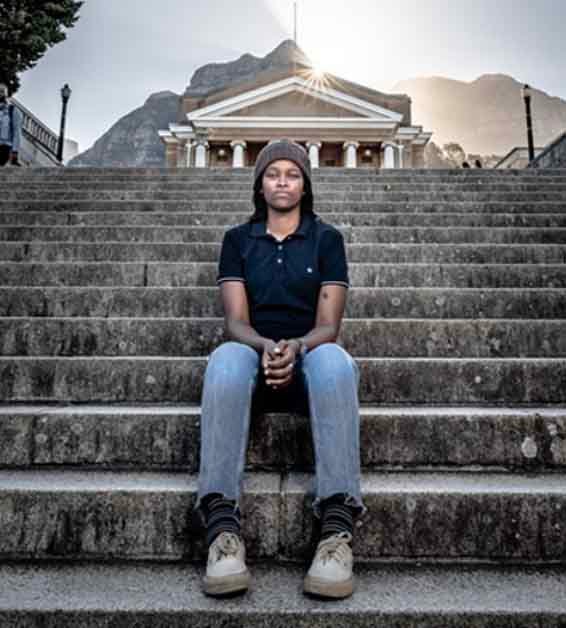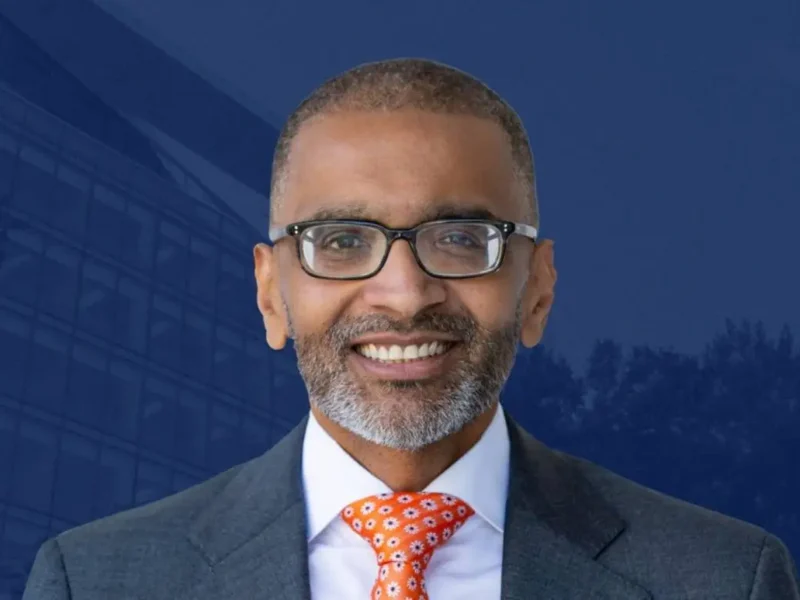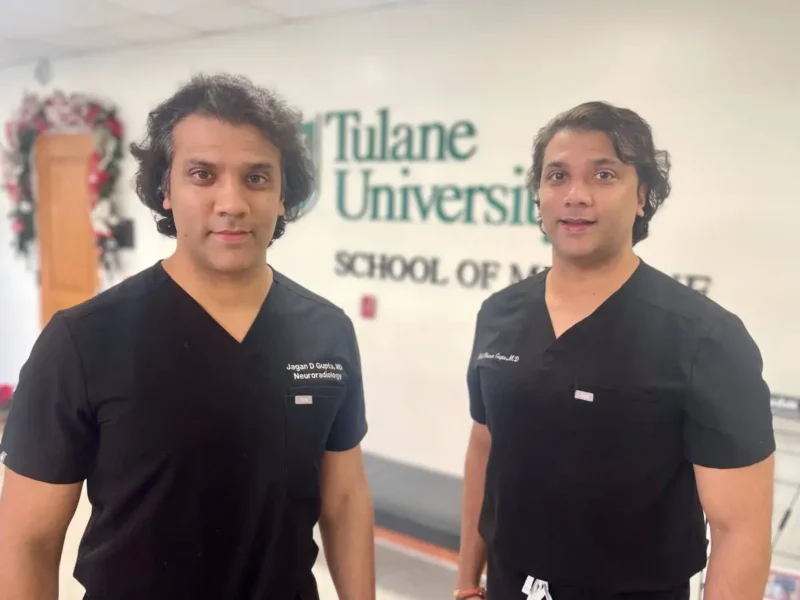
Several South Asians On TIME100 Next
All Photos: time.com
By GINA DARGAN
NEW YORK, NY – Several South Asians figure in the list of 2023 TIME100 Next list recognizing the 100 emerging leaders from around the world who are shaping the future and defining the next generation of leadership. “The honorees on this year’s TIME100 Next are rising stars whose work and determination is creating a better future,” said TIME Chief Executive Officer Jessica Sibley. “We’re looking forward to celebrating these extraordinary individuals at our upcoming TIME100 Next event in October.”
Vinu Daniel
Vinu Daniel once shared a valuable lesson from his time as a student in Kerala – his true mentors were not academics but rather the skilled artisans, laborers, and the local community. It was here that he crossed paths with his architectural idol, Laurie Baker, renowned for sustainable and evocative designs. Baker, echoing the wisdom of Gandhi, stressed the importance of using materials within a five-mile radius to craft the ideal dwelling.
Daniel now continues to share this legacy as the visionary founder of Wallmakers, a design firm with the mission of crafting ethereal spaces that seamlessly harmonize with the location’s contexts and conditions. Unconstrained by a traditional office, Wallmakers embrace a nomadic existence, perpetually seeking ways to reduce the carbon footprint of buildings and advance the causes of sustainable production. His teachings highlight the vital importance of valuing local wisdom and preserving the cultural significance of materials as we strive for an environmentally responsible approach to our future. He challenges us to examine our endeavors and ask, “Whatever project you’re working on, can you reduce something about it? Can you reduce it by one bag of cement? Can you save one tree? Then you are on your own path to sustainability.”

Harmanpreet Kaur
The passage of time hasn’t dimmed Harmanpreet Kaur’s fierce competitive spirit. She etched her name into cricketing history in 2017 with an unforgettable performance, smashing an astonishing 171 not out from just 115 balls during a World Cup clash against Australia. Her extraordinary talent left onlookers in sheer awe.
Fast forward six years and Kaur still stands as a formidable presence in the world of cricket. In a remarkable accomplishment, Kaur led the Mumbai Indians to victory in March, etching their name in history as the league’s inaugural champions. However, a twist in her journey occurred in July when she faced a two-match suspension and a substantial 75% match fee fine for openly criticizing umpires during India’s match against Bangladesh. Despite this setback, Kaur’s unrelenting passion and unique style have played a pivotal role in propelling women’s cricket from obscurity to being one of the most valuable assets in the global sports arena. This transformation was epitomized in January when the inaugural Indian Women’s Premier League, featuring five franchises, collectively fetched a staggering $570 million, ranking second only to the WNBA in the realm of women’s domestic sports.

Nabarun Dasgupta
Nabarun Dasgupta’s impactful efforts to combat drug overdose fatalities in the United States stand out prominently. As a scientist affiliated with the Gillings School of Global Public Health at the University of North Carolina, he has been instrumental in launching a groundbreaking program in collaboration with the nonprofit organization Remedy Alliance. This initiative successfully eliminated the bottlenecks that were obstructing the distribution of naloxone, a crucial drug for reversing opioid overdoses, to the front lines.
Through innovative procurement strategies and bulk acquisitions, the organization managed to distribute a staggering 1.6 million doses of naloxone across the nation in the past year alone, effectively mitigating a dire shortage of this life-saving medication.
Dasgupta’s deep commitment to this cause is palpable, evidenced by the photographs of individuals who tragically lost their lives to drug overdoses displayed on his desk. These poignant images serve as a constant reminder of the relentless work that remains to be done. Furthermore, he has devised a system for swabbing and analyzing street drugs at the University of North Carolina, a vital initiative that yields crucial insights for both scientists and drug users. Dasgupta’s overarching objective is to employ the power of science to address the profound questions surrounding drug use. As he aptly states, “With 100,000 lives lost each year, this is not a matter of mere theory; it demands real action.”
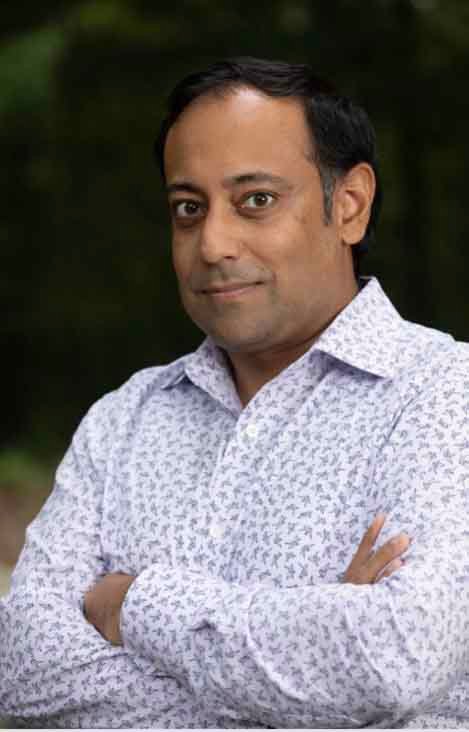
Balendra Shah
In an unexpected twist of fate, Balendra Shah defied the odds to secure victory in the mayoral election of Kathmandu, Nepal in May 2022. Remarkably, at the youthful age of 33, Shah held a master’s degree in structural engineering and pursued an independent route to his electoral triumph. He adeptly utilized influential social media platforms such as TikTok, Twitter, and Instagram to channel the electorate’s discontent with the established political order. This strategic maneuver sparked a phenomenon now dubbed the “Balen phenomenon,” leading to the triumphant emergence of as many as 385 independent candidates who overcame the seasoned political veterans in the local elections of the preceding spring.
In a city still grappling with the lingering aftermath of a devastating earthquake in 2015, Shah’s campaign was founded on fundamental and critically necessary promises: enhanced waste management and sanitation, access to safe drinking water, well-maintained roads, and the preservation of cultural heritage alongside urban development. However, is unwavering dedication to fulfilling these obligations has not gone without meticulous scrutiny, especially concerning their impact on the city’s underprivileged populations and their reliance on the demolition of structures deemed illegal.
Since ascending to power, Shah has inked pivotal agreements with government officials to harness designated landfill sites and unveiled comprehensive plans to segregate and manage non-biodegradable waste materials. These initiatives highlight his dedication to confronting the pressing challenges facing the city head-on.
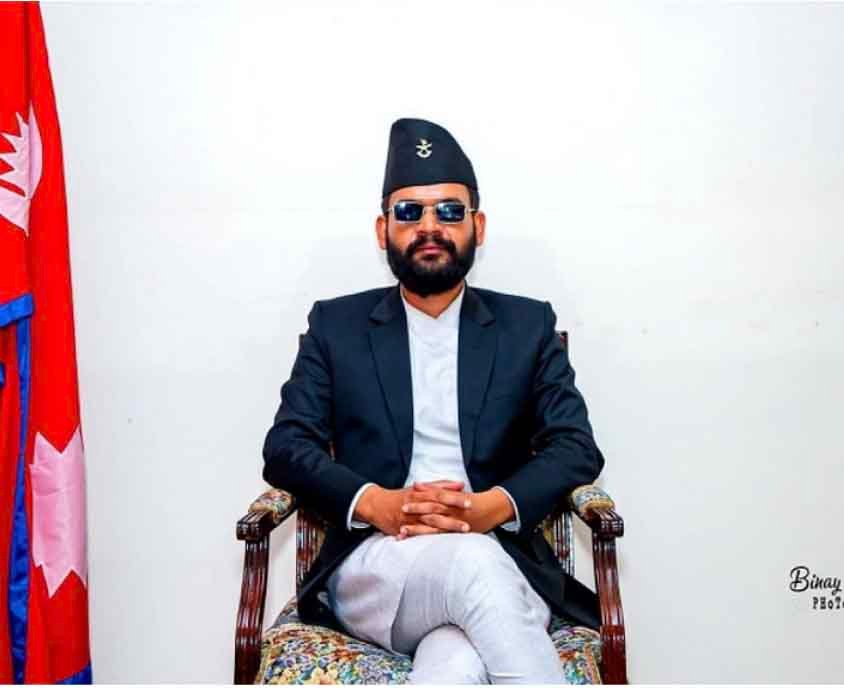
Samir Goel (and Wemimo Abbey)
Upon their immigration to the United States, both Wemimo Abbey’s and Samir Goel’s families encountered numerous hurdles, chief among them being their constrained access to credit. These very challenges served as the catalyst for a brilliant initiative aimed at aiding individuals in similar circumstances. In the year 2018, this dynamic duo co-founded Esusu, an innovative venture dedicated to assisting people in establishing credit in America. Their ingenious approach revolves around the reporting of tenants’ timely rent payments to credit bureaus.
The company has already achieved a valuation of one billion dollars and its founders hold aspirations to further expand its array of financial services. The overachieving goal is to ultimately mitigate the racial wealth gap. And according to the company, Esusu has already facilitated the process of over 50,000 people building credit scores, a vital lifeline that opens doors to opportunities such as purchasing cars, securing mortgages, and even enrolling in educational institutions. Notably, for those who may face setbacks in rent payments, Esusu does not report missed payments. Additionally, through a partnership with the charity Stable Home Fund, the company extends a helping hand by providing zero-interest loans to families in need.

Nandita Venkatesan (and Phumeza Tisile)
In the journey of surviving tuberculosis, Nandita Venkatesan and Phumeza Tisile, both found themselves confronting an unfortunate consequence: hearing loss, a result of their arduous battle against a drug-resistant strain of the disease. This hearing impairment emerged as an adverse outcome stemming from the potent yet perilous drug regimen they endured during their treatment. Recognizing the pressing need for a safer and more effective tuberculosis medication, Johnson & Johnson developed one. However, the intricate web of patent laws placed this medical breakthrough out of reach for countless individuals across the globe.
As the expiration date of the initial patent loomed in numerous countries this past July, Johnson & Johnson sought to extend its monopoly by submitting an application for another patent. This strategic move aimed to maintain exclusive control over access to the medication. In response to this, and in collaboration with Médecins Sans Frontières, Venkatesan and Tisile—long-standing advocates hailing from India and South Africa, mounted a compelling petition before the Indian government. Their impassioned plea was aimed at obstructing the approval of this secondary patent, which, if granted, would cause further limited access to the drug.
Their tireless advocacy finally prospered in March when India decided not to grant the secondary patent—a momentous decision that promises to facilitate wider access to the medication at significantly reduced costs. In a separate development, Johnson & Johnson, in a bid to address the issue of accessibility in lower-income nations, announced a groundbreaking agreement over the summer to promote the availability of generic versions of the drug. Together, their combined efforts mark a resounding victory in the quest for greater accessibility to essential medication worldwide.
